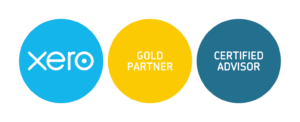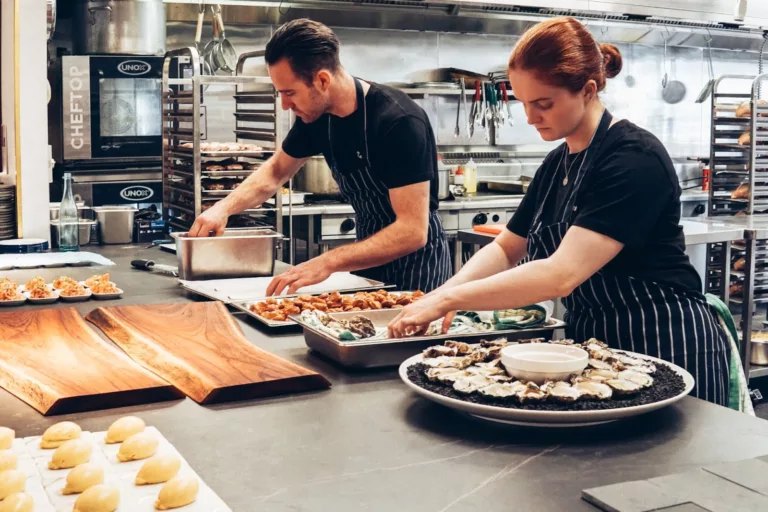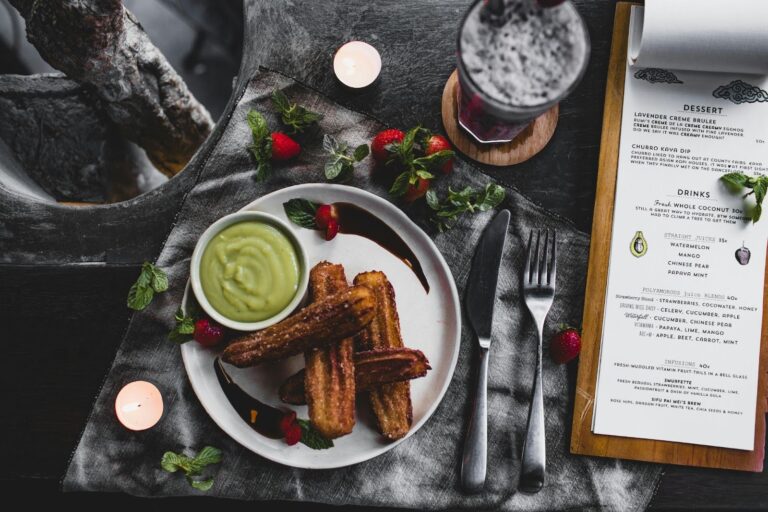How to Value Your Restaurant in 2025

Let’s face it: none of us wants to work forever.
Whether you own a food truck or a fine dining restaurant, you’ve likely wondered how much you could sell it for when you’re ready to exit.
But how much is your restaurant worth? How much could it be worth in the future?
Whether you’re planning to sell your restaurant soon or keep it for years to come, it’s always important to know its value.
Here’s our simple guide to value your restaurant in 2025 and ways to boost its sale price with a few integral changes.
Revenue Isn’t Everything
Many people think that revenue is the most important factor in valuing a restaurant. While it’s important, it’s not the main thing buyers look at.
Two restaurants making the same amount in sales can have very different values. Why? Because earnings, not revenue, determine a restaurant’s value.
Let’s consider two restaurants with the same revenue:
Restaurant A: It makes $1 million a year but wastes ingredients, has sloppy portion sizes, and pays high rent. This leaves it with no profit at the end of the month.
Restaurant B: It also makes $1 million a year but manages portions well, controls costs, and pays reasonable rent. This leaves it with a 15% profit each month.
Which restaurant would you pay more for?
Calculating Your Restaurant’s Value: SDE
So, how do you figure out what your restaurant is worth?
Earnings are a better indicator than revenue. A common method in the restaurant industry is using Seller’s Discretionary Earnings (SDE).
SDE is how much income a business could generate for new owners based on current earnings. It’s similar to a business’s yearly net income after operating costs.
To use this method, you need to know your restaurant’s SDE. You’ll also need to know the industry’s benchmark valuation multipliers, which help compare your business to others in the restaurant industry. These multipliers usually range from 1 to 3.
Talk to your experienced restaurant accountant or commercial real estate agent to find out the current multiplier for your type of restaurant.
Here’s how you can calculate it:
Formula: [Restaurant SDE] x [Industry Benchmark Valuation SDE Multiplier] = Restaurant’s Estimated Value
Example:
- Restaurant SDE: $150,000
- Benchmark valuation SDE multiplier: 1.5
- Calculation: $150,000 x 1.5 = $225,000
Calculating Your Restaurant’s Value: Assets
Sometimes it’s just time to move on from a business. If your restaurant isn’t making enough money to cover costs, it might be time to cut your losses.
In such cases, the restaurant’s business valuation might be low. However, the location and assets within it can still bring in some money.
Asset valuation looks at the worth of a restaurant based on its assets minus its liabilities. For example, if your restaurant’s tangible assets are worth $30,000, that’s the asset-based valuation.
Factors Affecting Your Restaurant’s Valuation
While numbers are important, other factors can influence your restaurant’s value. Here are a few things to consider:
- Cost of Assets or Equipment: Restaurant equipment is expensive. Including it in the purchase price can impact the valuation. Also, if the location is owned and not rented, the real estate cost can significantly affect the selling price.
- The Economy: The state of the economy can greatly impact your restaurant’s value. During tough economic times, it might take longer to sell a fine dining restaurant, and it might sell for less. Conversely, during booming times, it could be worth much more.
- Age of the Business: An established restaurant can be more appealing to some buyers. A newer restaurant might be seen as riskier, while an older one might need more upfront investment.
- A Loyal Customer Base: A strong, loyal customer base can increase your restaurant’s value. However, buyers need to be careful with changes to avoid upsetting loyal customers.
- Location: The location of your restaurant plays a big role in its value. High-traffic areas, suitable demographics, visibility, and accessibility can all impact the valuation. The cost also varies widely depending on the city or town.
- Inventory Management: Keeping track of what ingredients cost, making sure portion sizes are consistent, and having strict rules to reduce food waste can save you money and attract buyers. Efficient inventory management can not only improve your bottom line but also make your restaurant more appealing to potential buyers.
Get The Help of an Experienced Restaurant Accountant
If you’re planning to sell your restaurant in the next 5-10 years, we highly recommend seeking the expertise of an experienced restaurant accountant.
A good accountant can help you manage all the factors that will impact your valuation—such as pricing, portion control, and cost control.
If you’re looking for a new restaurant accountant, use the calendar below or visit our Getting Started page to get in touch. We’re always here to help.
Taking these steps now can make a big difference when you’re ready to sell. Until next time

By MATT CIANCIARULO



